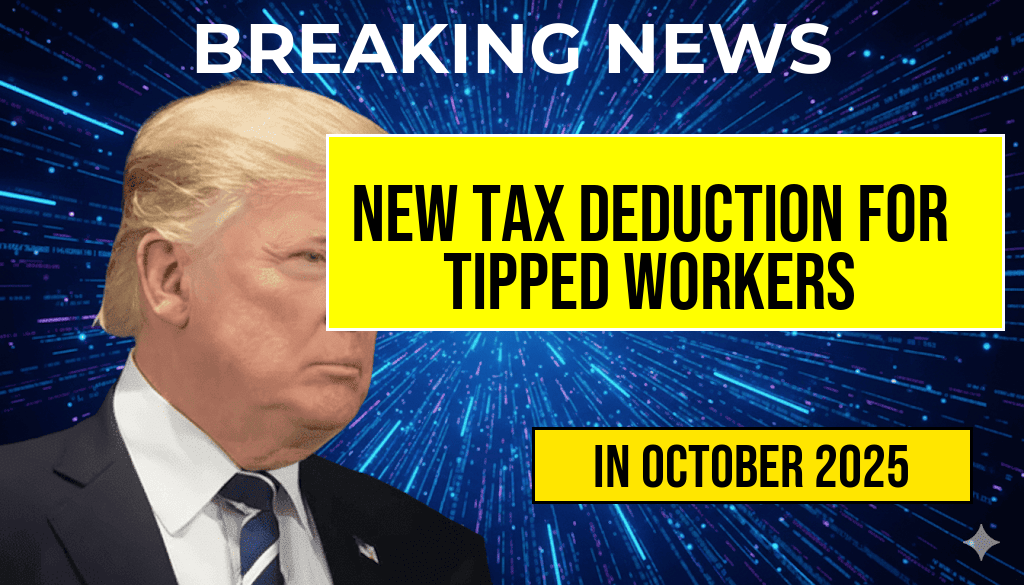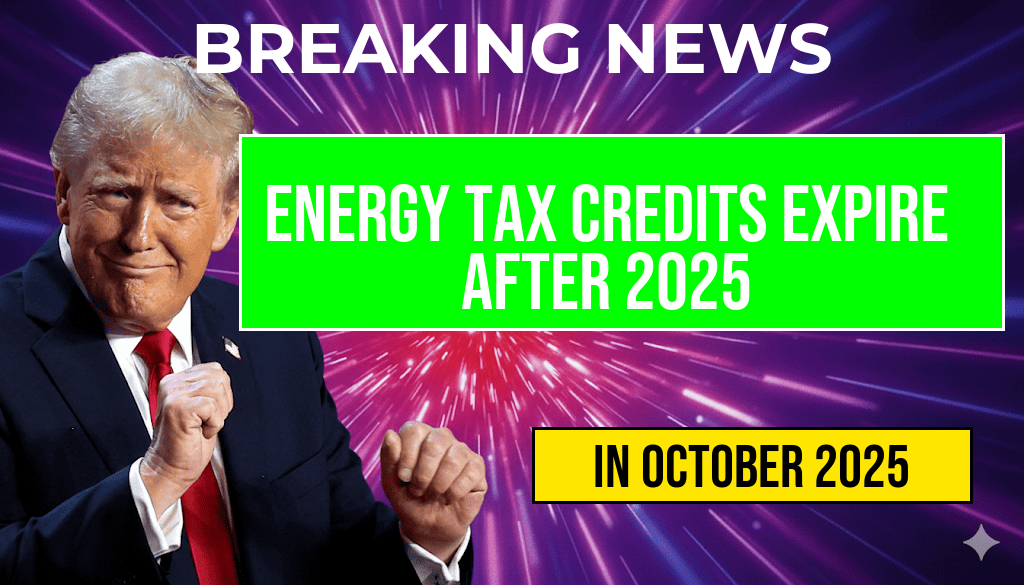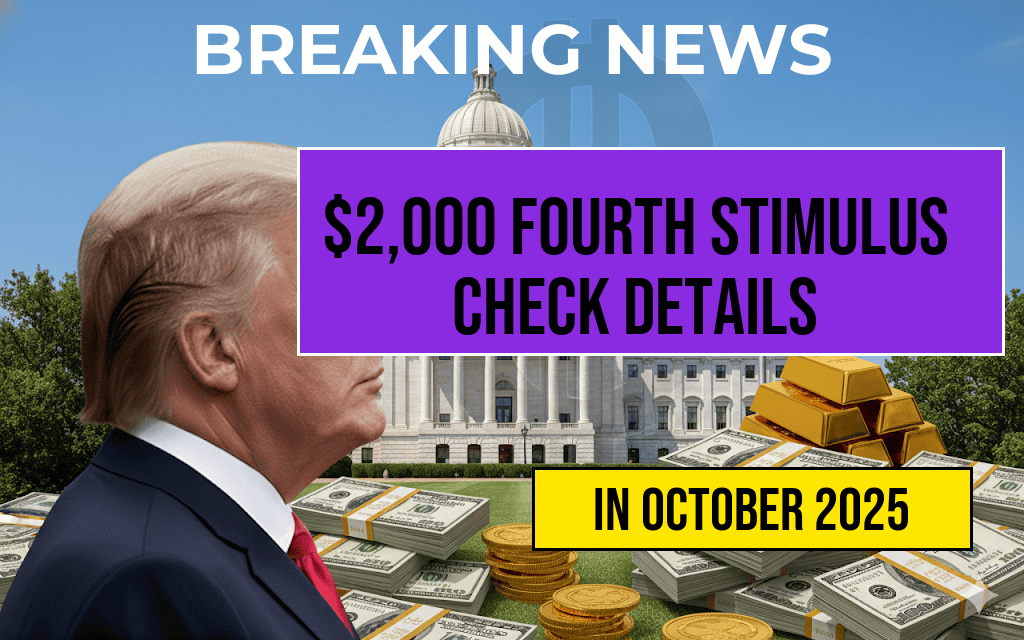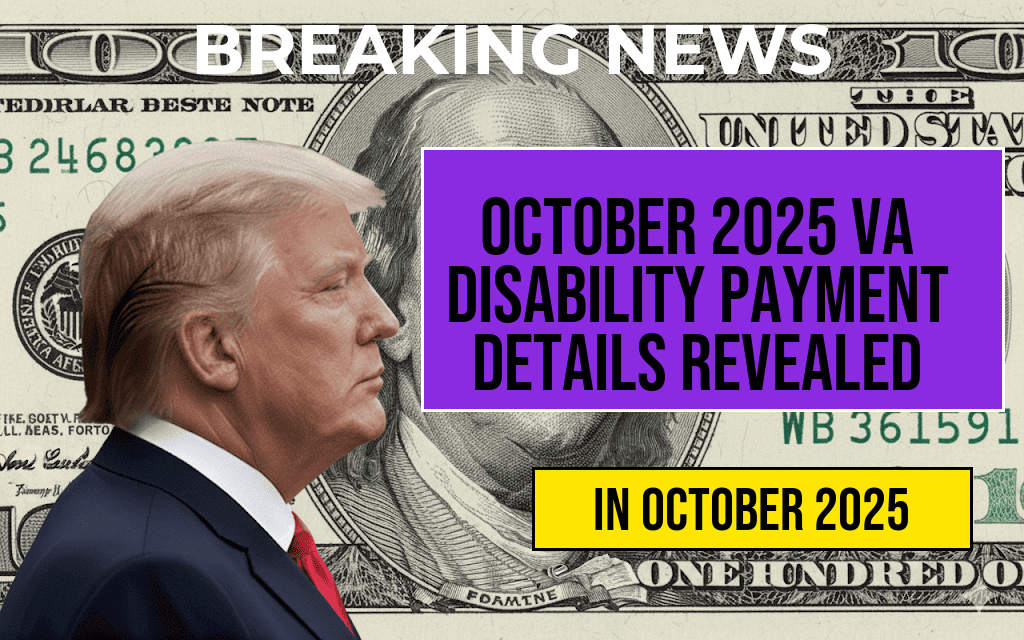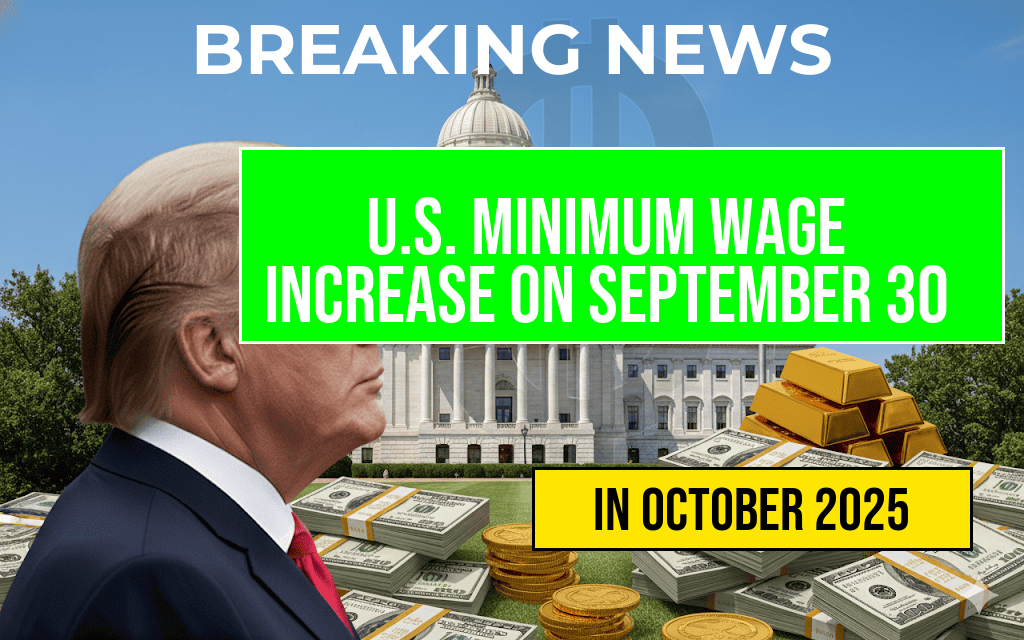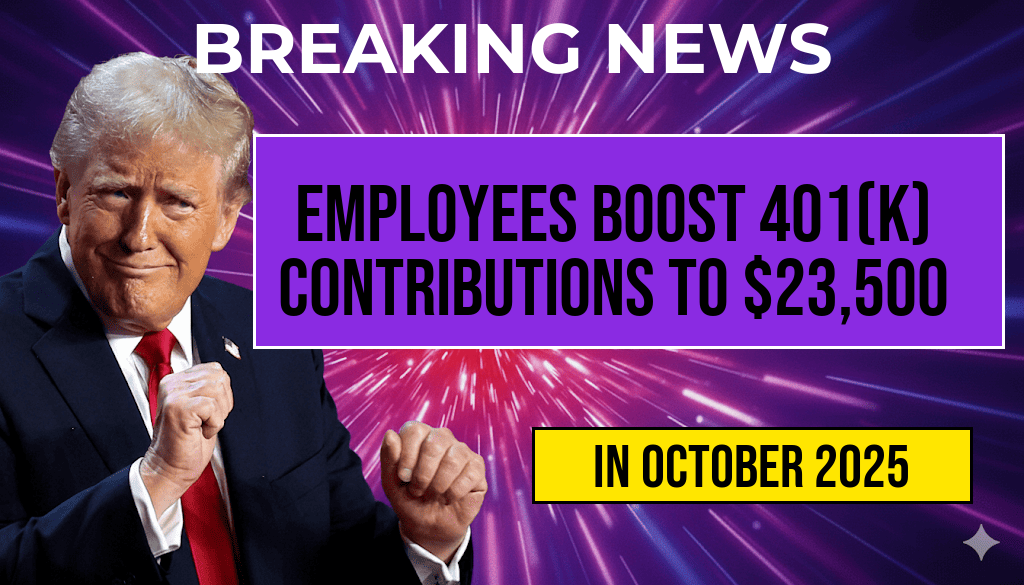As the sun begins to set on various renewable energy initiatives, homeowners across the United States are bracing for the impending expiration of residential energy tax credits. Set to end after 2025, these credits have played a crucial role in promoting the adoption of green energy solutions, such as solar panels and energy-efficient home upgrades. With the clock ticking, many property owners are evaluating their options to take advantage of these financial incentives before they disappear. The potential loss of these credits could significantly impact the pace of green energy adoption, as well as the overall economics of energy-efficient home improvements.
The Significance of Residential Energy Tax Credits
Established under the Energy Policy Act of 2005, residential energy tax credits have provided significant financial relief to homeowners investing in renewable energy technologies. These credits allow homeowners to deduct a percentage of the cost of qualified energy-efficient improvements from their federal income tax. The incentives have spurred a surge in solar panel installations, energy-efficient heating and cooling systems, and other upgrades that contribute to reducing household energy consumption.
Current Incentives and Their Benefits
- Solar Energy Systems: Homeowners can claim a tax credit of 26% on the cost of solar panel installations through 2022, dropping to 22% in 2023.
- Energy-Efficient Home Improvements: Homeowners can receive tax credits for improvements such as insulation, energy-efficient windows, and heating and cooling systems.
- Geothermal and Wind Energy Systems: Similar credits apply for investments in renewable energy systems like geothermal heat pumps and small wind turbines.
These incentives not only help offset the initial investment costs but also encourage homeowners to make environmentally friendly choices, contributing to a decrease in carbon footprints nationwide.
Impending Expiration: What to Expect
As 2025 approaches, the looming expiration of these tax credits raises concerns among industry experts and environmental advocates. Many homeowners are now urged to expedite their plans for energy-efficient upgrades. The fear is that once these credits are phased out, the associated costs of renewable energy installations may deter homeowners from pursuing such projects.
Industry Reactions
Reactions from the renewable energy sector highlight a mix of urgency and concern. Advocates emphasize the importance of extending these credits to maintain momentum in the shift toward sustainable energy solutions. “The residential energy tax credits have been pivotal in making solar energy and other renewable technologies accessible to the average homeowner,” says John Doe, a policy analyst at a leading energy think tank.
Strategies for Homeowners
As the deadline nears, homeowners interested in maximizing their savings should consider the following strategies:
- Assess Current Energy Needs: Evaluate your home’s energy consumption to determine which energy-efficient upgrades would yield the most significant savings.
- Consult Professionals: Engaging with certified professionals can help ensure that installations meet all requirements for tax credits.
- Plan Ahead: Begin researching and budgeting for potential upgrades now to ensure timely installations before the credits expire.
The Future of Green Energy Incentives
As discussions surrounding climate change and energy independence continue to evolve, the future of residential energy tax credits remains uncertain. While there is ongoing lobbying for an extension or enhancement of these credits, homeowners should prepare for a possible shift in the landscape of renewable energy incentives post-2025. For those looking to invest in green technologies, acting quickly could be the key to capturing valuable savings.
For more information on residential energy tax credits and their implications, visit Energy.gov or check out the comprehensive overview on Wikipedia.
Frequently Asked Questions
What are the Residential Energy Tax Credits?
The Residential Energy Tax Credits are financial incentives provided by the government to encourage homeowners to invest in energy-efficient improvements, such as solar panels, energy-efficient windows, and heating systems. These credits help reduce the overall cost of these upgrades, making them more accessible to homeowners.
Why are the Residential Energy Tax Credits expiring after 2025?
The expiration of the Residential Energy Tax Credits after 2025 is part of a phased approach by the government to manage budget allocations and encourage timely investments in green energy solutions. The goal is to motivate homeowners to act before the credits are no longer available.
How can homeowners prepare for the expiration of these tax credits?
Homeowners can prepare by researching eligible energy-efficient upgrades and planning their installations before the credits expire. It is advisable to consult with qualified contractors and tax professionals to ensure they take full advantage of the available credits before the deadline.
What types of upgrades are eligible for the Residential Energy Tax Credits?
Eligible upgrades include installations of solar energy systems, energy-efficient windows and doors, insulation, and high-efficiency heating and cooling systems. Each upgrade has specific requirements that must be met to qualify for the credits.
Will there be any alternatives to the Residential Energy Tax Credits after they expire?
While it is uncertain if similar green energy incentives will be introduced after the credits expire, homeowners can explore state and local programs that may offer their own incentives. Staying informed about future legislation is crucial for potential savings on energy-efficient upgrades.




